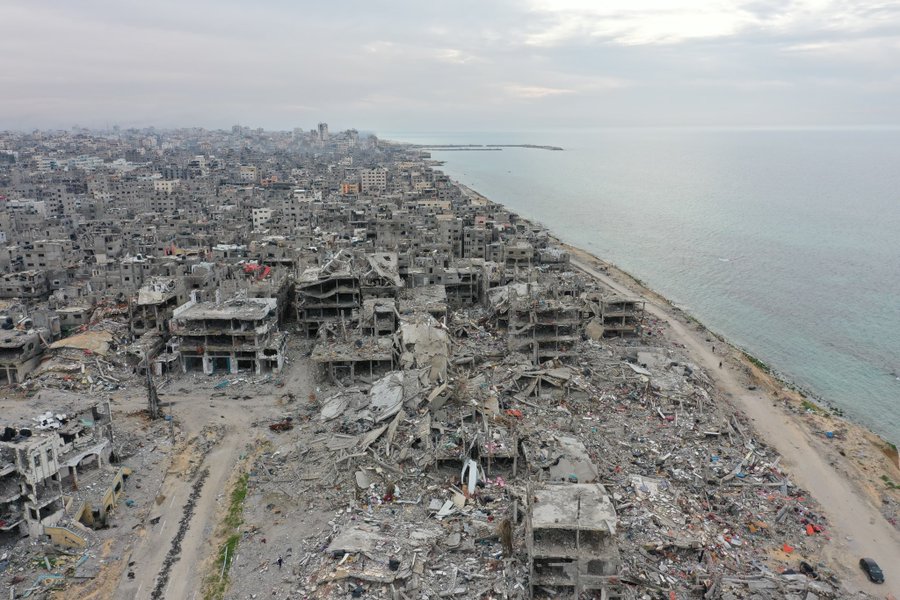Fighting Poverty during a Pandemic
At this year’s Global Goals Week, Business Fights Poverty partnered with the National Business Compact on Coronavirus (NBCC), Kenya for the Hygiene and Behaviour Change: Business Coalitions to Fight COVID-19 program. The rapid spread of COVID-19 has exacerbated inequalities related to poverty. As the Global Goals Ambassador for SDG 1: No Poverty, it is important to look at the actions we can take to support those who are living in periods of economic instability. More than ever, it is essential to provide resources such as healthcare and sanitary items to those who lack them. Otherwise, the impact of COVID-19 will have an especially devastating effect.
The NBCC Kenya chapter brought together panelists to address not only Kenya’s actions to deal with the impacts of COVID-19 on its citizens living in poverty, but also much more widely applicable actions that businesses and governments all over the world can take.
“[We] need to make sure you reach people who need [assistance] the most. You need to reach the most vulnerable sections of society.” – panelist Anila Gopalakrishnan
There were many suggestions to implement new policies that would allow for those who are impoverished to stay safe during the pandemic. Over the last few months, there have been initiatives to install hand washing stations throughout Kenya. Furthermore, there has been an effort to distribute donations to ensure funds get to the places that need it the most. All this growth has been made possible by the national coalition that has brought together the government, the private sector, and citizens all within Kenya. Thousands of hand washing stations have been installed in high-density areas to alleviate the risk of spreading COVID-19 among citizens. Of particular focus has been the sustainability of this growth within Kenya.
“We believe in developing a unified platform of communication that is aimed at driving public awareness and long term behavior change.” – Maggie Rariyea, NBCC
Keeping up with infrastructure and behavior changes even after COVID-19 concerns have been alleviated is crucial to eradicating poverty.
Overall, it is important to consider the tools, resources and behavior changes we need in order to help those who are especially vulnerable toward COVID-19. Without access to healthcare, running water, clean and hygienic shelters, how can citizens be expected to properly handle pandemics or any other hardships? Reaching those who are most vulnerable due to lack of resources is the target of SDG 1. If there is anything COVID-19 has shown us, it has highlighted the needs of those from low-income communities. Starting initiatives similar to the NBCC Kenya chapter in our own communities is pivotal.



